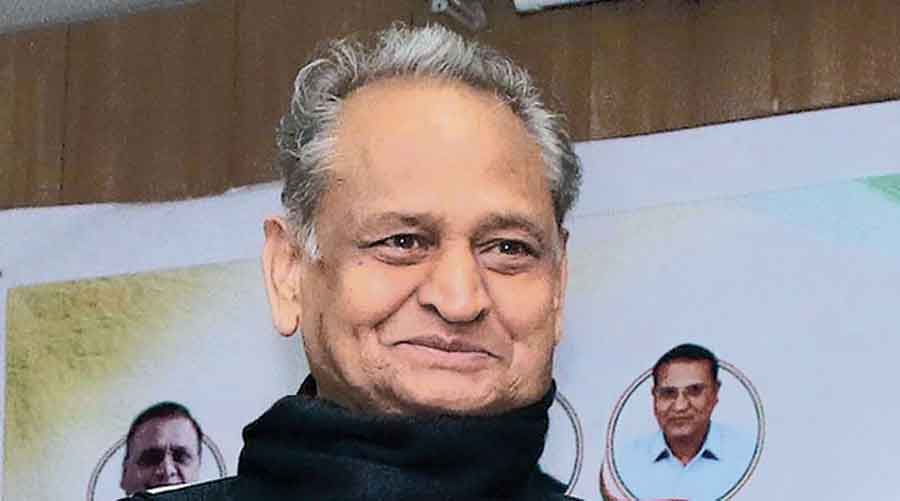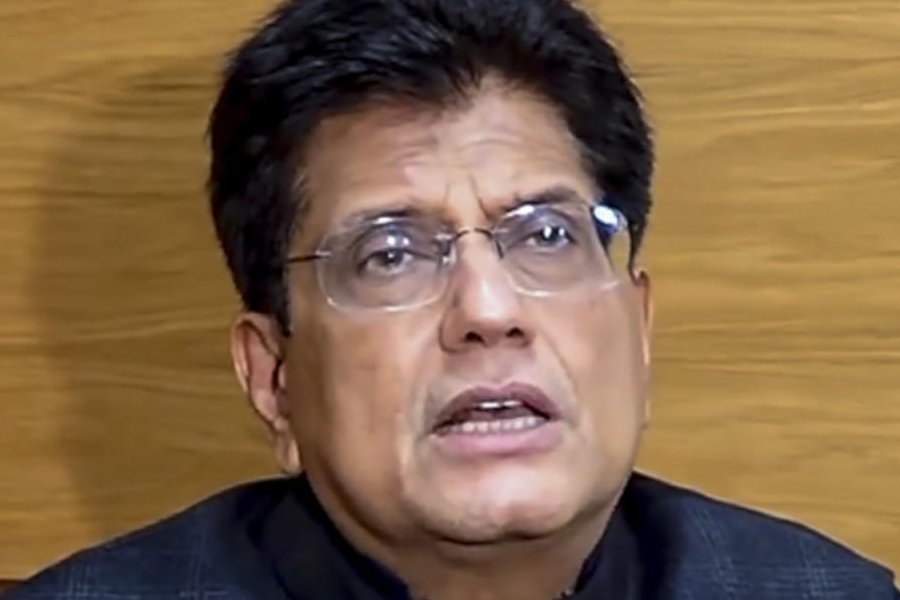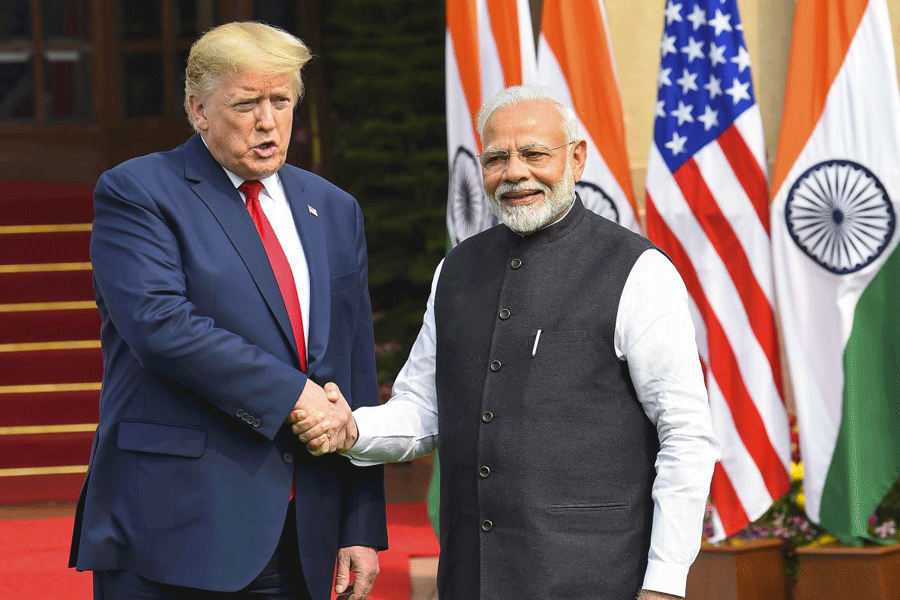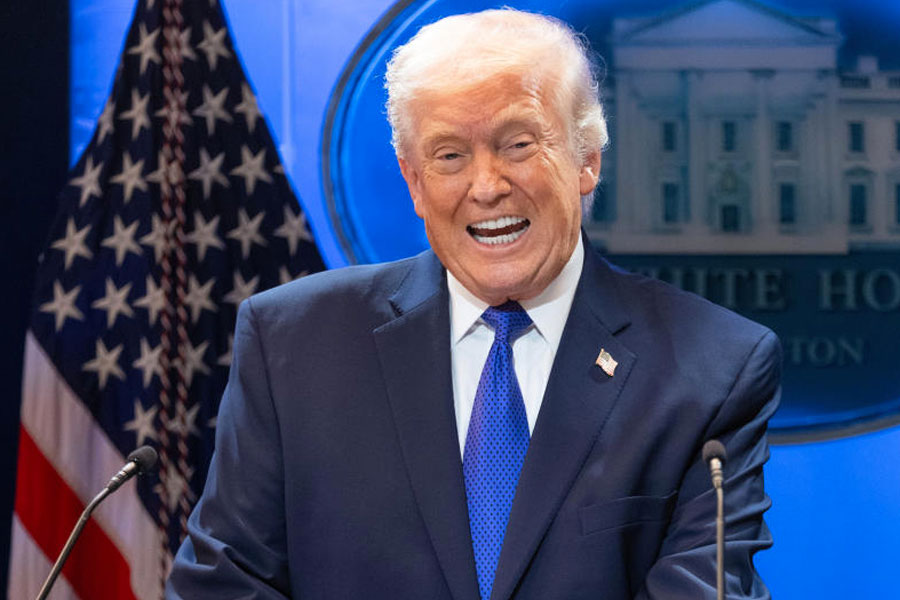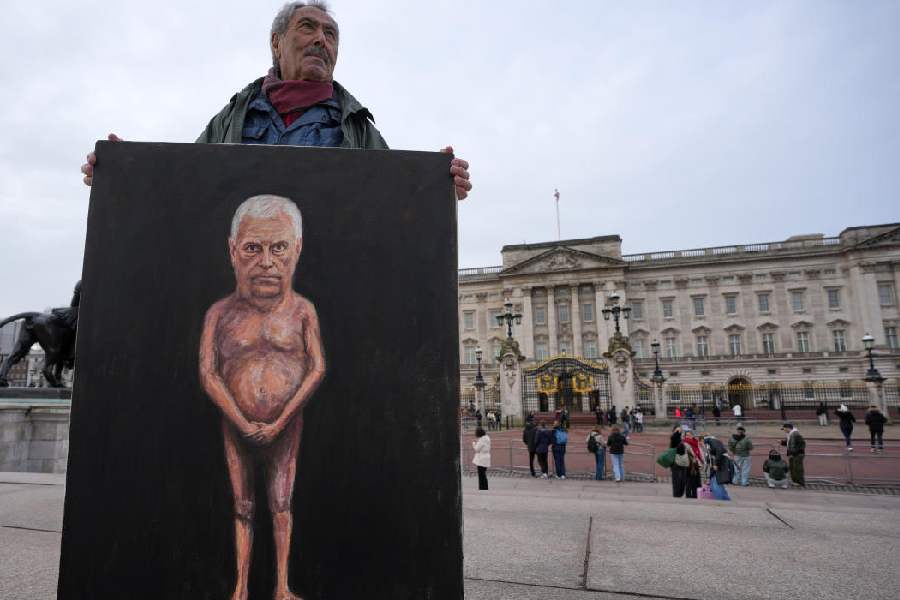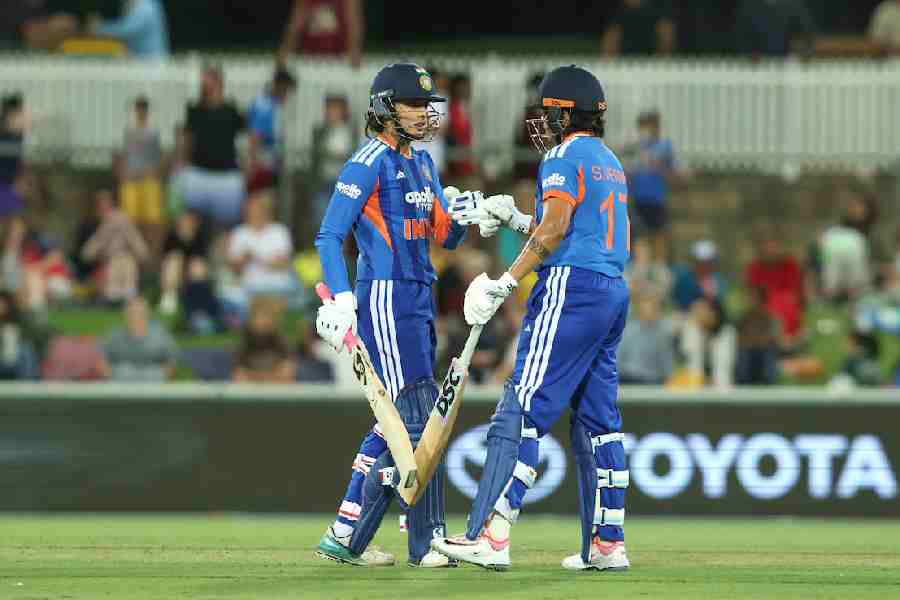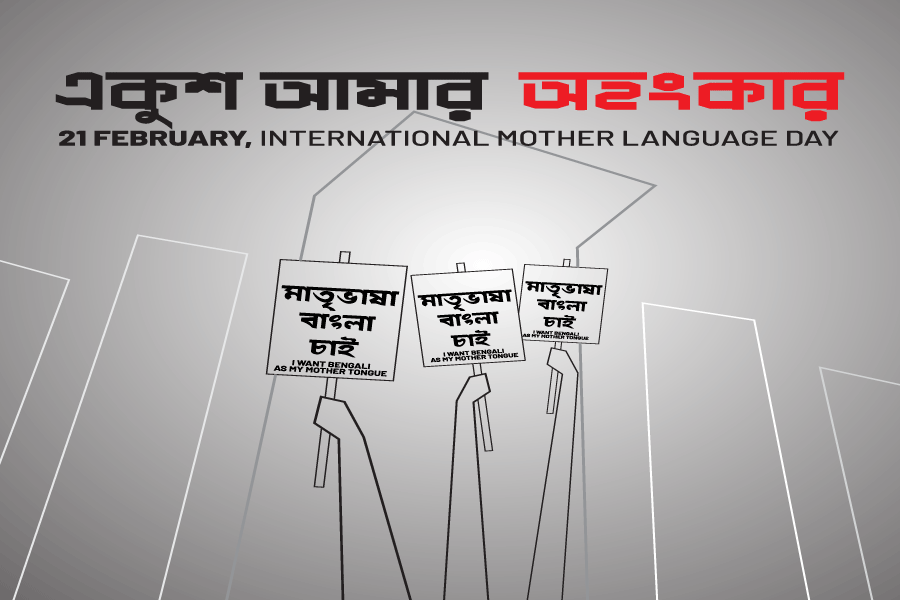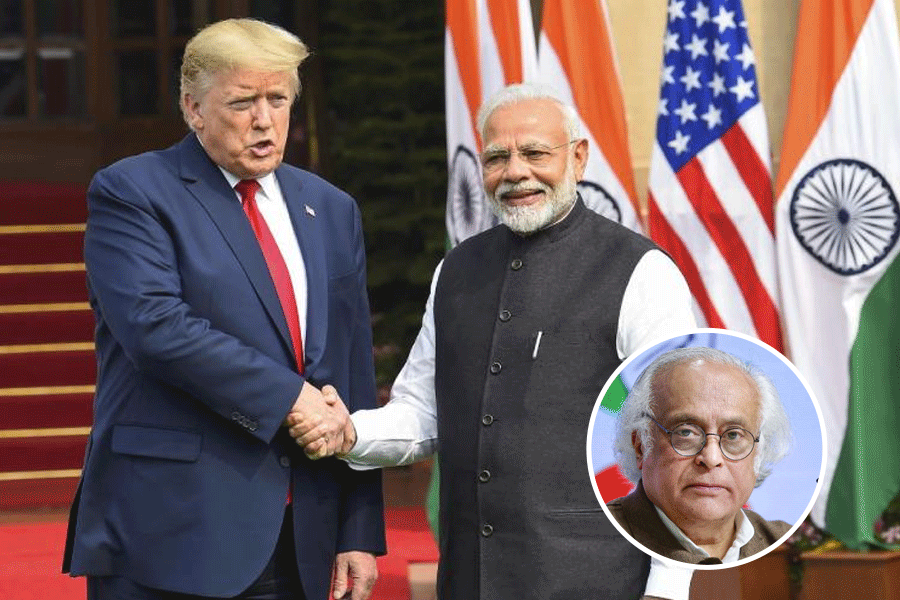Congress president Sonia Gandhi on Wednesday appointed Ashok Gehlot and Bhupesh Baghel central observers for election-bound Kerala and Assam, triggering a debate within the party on the propriety of assigning poll work to serving chief ministers.
While some leaders analysed this as a pragmatic move and the party’s willingness to put its best foot forward, others frowned upon the decision, wondering if there was a talent deficit that had forced the central leadership to engage chief ministers in election management. The Congress said the observers would oversee election management and coordination.
The appointment of observers — a set of three leaders for each state — is a new arrangement aimed at bolstering electioneering, which is largely viewed as a weak point of the Congress in comparison with the BJP’s carpet-bombing. While Rajasthan chief minister Gehlot will look after Kerala along with Luizinho Faleiro and G. Parameshwara, his Chhattisgarh counterpart Baghel will oversee Assam along with Mukul Wasnik and Shakeel Ahmed Khan.
Senior leader B.K. Hariprasad has been entrusted with the responsibility of Bengal along with Alamgir Khan and Vijay Inder Singla. While Khan is a cabinet minister in Jharkhand, Singla is a minister in Punjab. Veerappa Moily and M.M. Pallamraju will look after election-bound Tamil Nadu along with Nitin Raut, who is a minister in Maharashtra.
A senior Congress functionary, defending the choices, told The Telegraph: “While the party has been facing a severe resource crunch, the chief ministers and ministers can at least look after themselves instead of looking up to Delhi for logistics as well. They can also deploy persons from their states to carry out election work. We didn’t do this earlier but look at the BJP’s brazen deployment of central and state ministers in elections. The concept of propriety has been blurred in the Narendra Modi regime.”
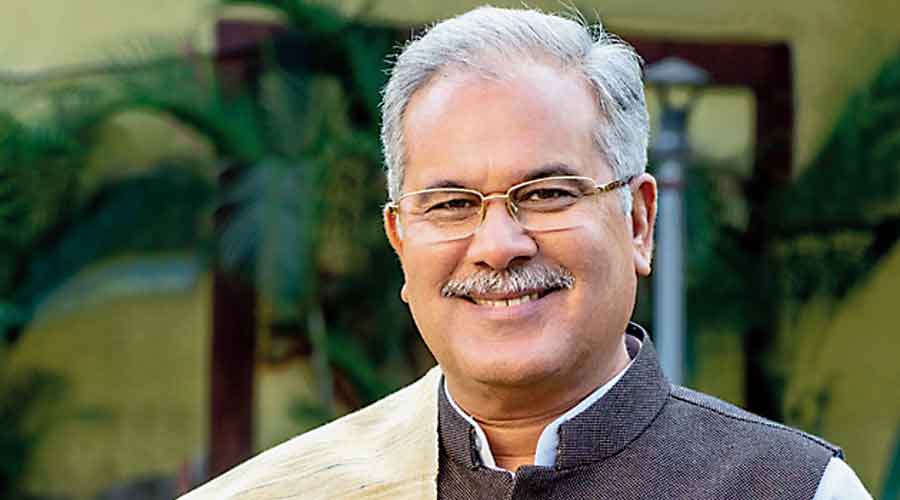
Bhupesh Baghel Telegraph picture
The leader added: “What is Union home minister Amit Shah doing in Bengal? He is managing the BJP’s election there even as there is a general secretary in-charge. The home minister of India led the BJP’s charge in the Hyderabad municipal election as well. Prime Minister Narendra Modi remains the chief campaigner in every state, addressing dozens of rallies in elections. The tradition of the Prime Minister’s participation in state elections being symbolic and restricted to a couple of meetings has been demolished by Modi. In every state election, the BJP sends 20-25 central ministers to camp there for weeks.”
Even Congress chief ministers and central ministers have campaigned in state elections but never have they held the formal responsibility of managing elections. It is an unstated fact of Indian politics that resources come from the states where the party is in power but the chief ministers are never engaged formally in election work.
Asked if the strong teams put in place to oversee state elections won’t undermine the institution of general secretary, another Congress leader said: “These teams will work in coordination with the general secretary. They are to work as support systems, not parallel authorities. We are trying to ramp up our efforts to match the BJP at least in manpower, if not in resources.”
But the decision has caused anguish among a large section of Congressmen who believe this new practice of relying on ministers and MLAs for party work is damaging the organisation and having a demoralising effect on the workers.
“If only a few persons get tickets to fight elections and then they capture the organisation space as well, are the millions of workers supposed to be mere cheerleaders? Isn’t the party advertising a talent deficit despite a huge pool of experienced and loyal leaders?” a former minister said, arguing against the “oddity” of engaging chief ministers in election work.
This leader went on: “Chief ministers have enormous responsibilities in their own states. The Congress anyway is ruling barely a few states and our focus should be to strengthen the party position there. We have already lost Madhya Pradesh due to poor political management and the Rajasthan government was almost gone at one point. The absence of Ahmed Patel has started telling on organisational management. We don’t know who is giving the wrong advice to the party president or if somebody else is taking decisions.”

